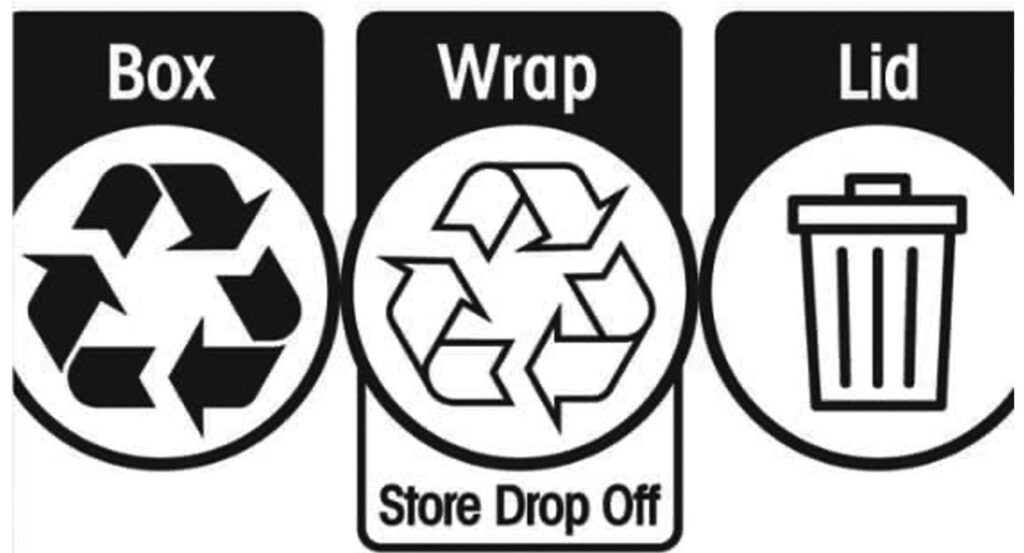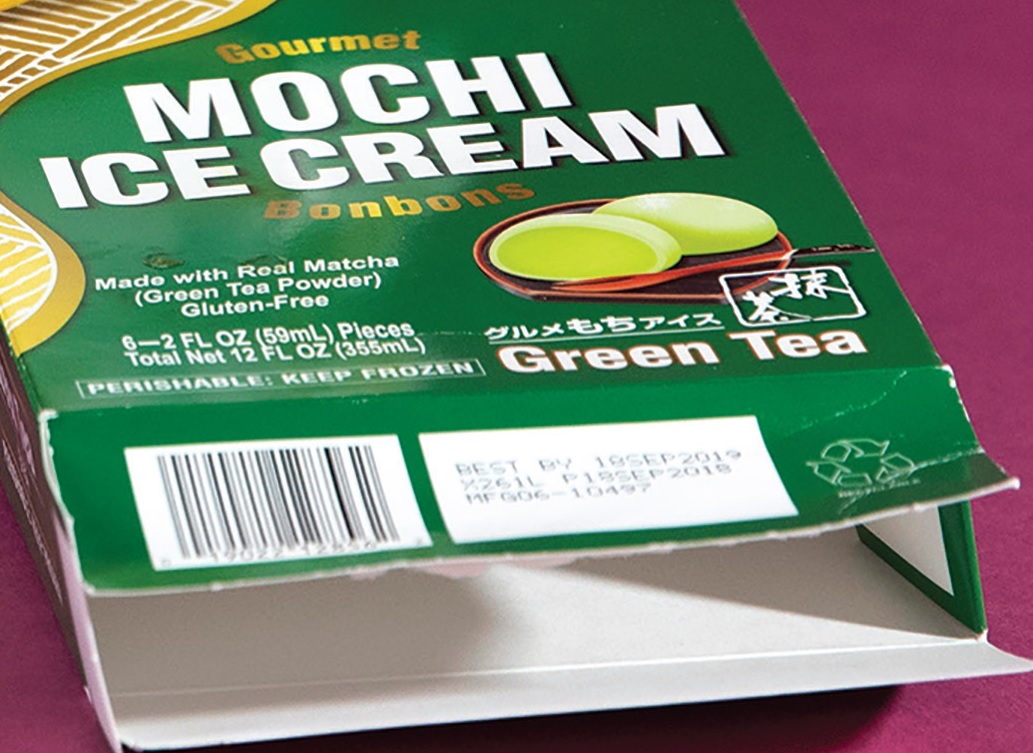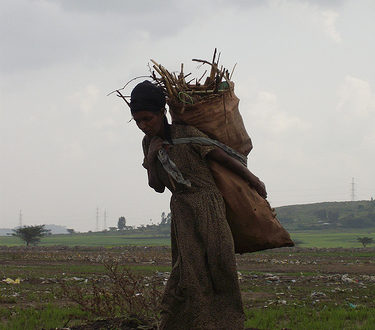Oregon and California Tackle Misleading Claims on Packaging
It is confusing when recycling instructions state, “no freezer boxes” and I’m looking at an ice cream container that says, “Please Recycle”.
It may be true -in theory- that with effort and resources, it is possible to extract the plastic in the paperboard of a frozen food box. Then maybe a manufacturer might want the used paperboard to make a new product. But the collection, sorting, and recycling of my ice cream container has yet to happen in practice nor at scale.
A 2020 global assessment of packaging labels by the United Nations concluded that using the word “recyclable” and the chasing arrows is ambiguous.
The current disconnect between claims and reality has resulted in recycling contamination, plastics pollution, and a lack of consumer confidence. Therefore, the UN recommends labeling standards that reflect real-world access to recycling for consumers.
Last year, Oregon and California took action to tackle the problem of deceptive labeling.
In 2021, the California legislature passed SB 343 to address package labeling. The new bill will not allow the use of symbols or statements on recyclability unless the material in the packaging is ‘recyclable’ according to the State. Once the law is in effect, a package will be deemed ‘recyclable’ only if most Californians have easy access to the collection of that material on a large scale and only if the State finds that the material is actually getting recycled at a significant rate.
Meanwhile, Oregon passed the Plastic Pollution and Recycling Modernization Act. This Act is a system-wide update that will make recycling easier for the public, expand access to recycling services, create a single statewide recycling list, and upgrade the facilities that sort recyclables. Manufacturers will pay for many of these necessary improvements and help ensure recycling is successful in Oregon.
A Truth in Labeling Task Force is one part of Oregon’s Modernizing Recycling Act. The Task Force will study misleading product recyclability claims and present recommendations to the Oregon Legislature by June 2022. The DEQ lead Task Force is made up of 15 representatives, including appointments for the Senate and House, local governments, producers, recyclers, and an environmental group. The Task Force started their meetings this spring. However, the DEQ’s Task Force website is rich with research studies, a menu of potential options for the Task Force, and information about how you can sign up for texts or email updates about their progress.
Anja Brandon is an environmental engineer who is the Plastics Policy Analyst from the non-profit Ocean Conservancy and the environmental representative on the Task Force. She told Resource Recycling Magazine, “Oregon is very clearly interested in moving on this.” But, she added, “We need to make sure that we have accurate labels so that consumers are empowered to make decisions, and so producers have to own up to what the products they’re making are. They can’t hide behind a chasing arrow.”


Lauren Norris is the Manager for the award-winning Master Recycler Program. Master Recyclers are a volunteer corps of over 2000 volunteers who serve the Portland metropolitan area to inspire neighbors and coworkers into action. Master Recyclers share what they learn on the topics of sustainable consumption, equity and inclusion, materials management, toxics, recycling, and composting.






